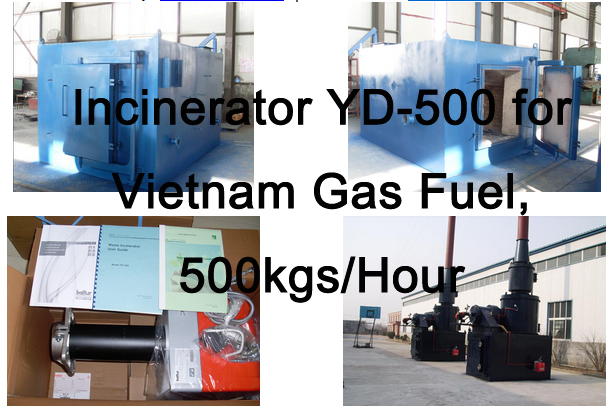waste inciner Incinerator Technology: A New Solution for Clinical Waste Management
Clinical waste, also known as medical waste, is a hazardous type of waste that is generated from healthcare facilities, such as hospitals, laboratories, medical research facilities, and veterinary clinics. This waste includes items such as contaminated sharps, pathological waste, and biological waste, all of which must be properly managed and disposed of to prevent the spread of infection and protect public health. In recent years, there has been a growing need for innovative solutions for the safe and efficient management of clinical waste, and one such solution is the use of advanced incinerator technology.
Traditional methods of clinical waste management, such as autoclaving and landfill disposal, have drawbacks and limitations. Autoclaving, which involves the use of high-pressure steam to sterilize medical waste, is energy-intensive and can be time-consuming. Landfill disposal, on the other hand, poses risks of contamination and environmental pollution. Incineration, however, offers a more effective and sustainable approach to managing clinical waste.
The latest incinerator technology is designed to safely and efficiently destroy clinical waste by subjecting it to high temperatures in a controlled environment. This process, known as combustion, breaks down the waste into ash, gases, and heat. The gases are treated to remove harmful pollutants before being released into the atmosphere, and the heat generated can be harnessed for energy recovery. This means that incineration not only eliminates the risk of infection and contamination associated with clinical waste but also offers a potential source of renewable energy.
Furthermore, advanced incinerator technology incorporates built-in monitoring and control systems to ensure that the combustion process is carried out effectively and in compliance with environmental regulations. This includes the monitoring of temperature, air flow, and emissions, as well as the implementation of automatic shutdown procedures in the event of any irregularities.
Another advantage of innovative incinerator technology is its ability to handle a wide range of clinical waste, including highly infectious materials and pharmaceutical waste. This makes it a versatile and comprehensive solution for healthcare facilities that produce diverse types of medical waste. Moreover, incineration can be carried out on-site, reducing the need for transportation and off-site disposal, which can further minimize the environmental impact of clinical waste management.
In conclusion, innovative incinerator technology represents a new and promising solution for the safe and efficient management of clinical waste. Its ability to destroy hazardous materials while minimizing environmental impact makes it a valuable asset for healthcare facilities seeking sustainable waste management practices. With advancements in control systems and energy recovery, incineration is paving the way for a more responsible and effective approach to clinical waste management. As technology continues to evolve, the potential for further improvements in incinerator technology will undoubtedly contribute to the advancement of healthcare waste management systems.



